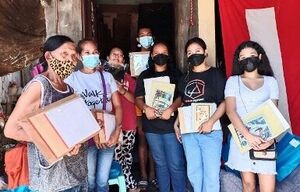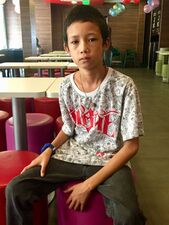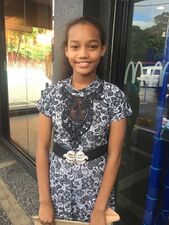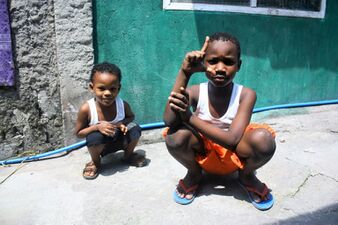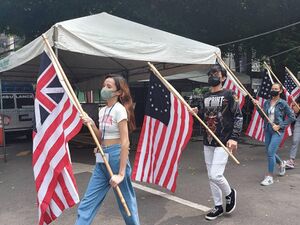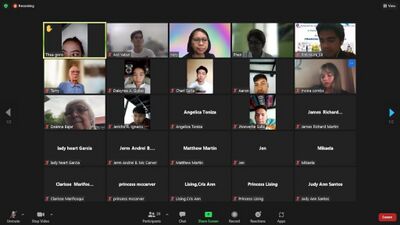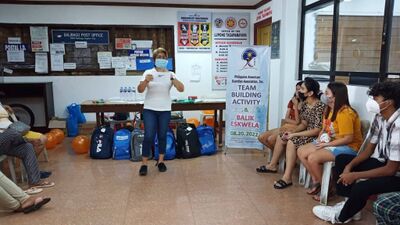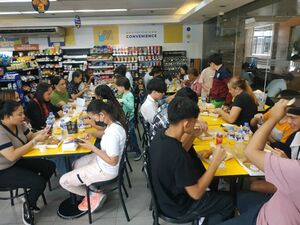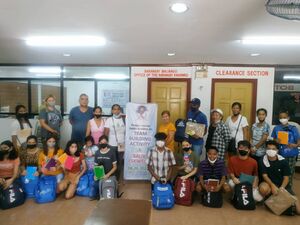Send 130 needy Filipino Amerasians to school: Difference between revisions
(Updated problems) |
(Updated projects) |
||
| Line 28: | Line 28: | ||
|scraped_from=GlobalGiving | |scraped_from=GlobalGiving | ||
|feature_image=File:Picture9_Large.jpg| | |feature_image=File:Picture9_Large.jpg| | ||
|images=[[ | |images=[[File:ph_40814_155999.jpg|,File:ph_40814_156000.jpg|,File:ph_40814_156001.jpg|,File:flags_Large.jpeg|,File:finlit2_Large.jpeg|,File:balikesk4_Large.jpeg|,File:balikesk3_Large.jpeg|,File:balikesk2_Large.jpeg|,File:4th_Large.jpeg|,]] | ||
|coordinate=, | |coordinate=, | ||
|geo_id=1694008}} | |geo_id=1694008}} | ||
Latest revision as of 10:01, 5 August 2023
| Organization | Philippine American Guardian Association, Inc. |
|---|---|
| Region | Philippines |
| Website | Website |
| ProjectLeader | Terry Haas |
| Linked Problems & Solutions
|
|---|
This project will provide 130 additional Filipino Amerasian children with funds for school fees and psycho-social development and medical services. PAGA supports 130 children in Metro Manila and intends to expand its successful approach to children in Angeles and Olangapo Cities, two former US military base municipalities where many children have been left behind by their American fathers and need financial help and support from social workers to fulfill their dreams of getting an education.
Challenge
Filipino Amerasians are the biracial children of Filipino mothers and American fathers (mostly members of the US military). Many have been abandoned by their fathers and their mothers are too poor to send them to school or provide basic medical care. There are from 50,000 to 250,000 Filipino Amerasians, a much higher number than in neighboring countries. However, they are excluded from the Amerasian Act of 1982, which allows children from other countries to move to the US and become citizens.
Long-Term Impact
PAGA's assistance to underprivileged Filipino Amerasian children helps them complete their education, increase their self-esteem and resourcefulness, and find jobs. This enables them to live life to the fullest and become independent, productive and responsible members of Filipino society. Their families also benefit from workshops on family dynamics, childrearing and livelihood training, enabling them to improve their quality of life and economic situation.
References
Additional Documentation
https://www.globalgiving.org//pfil/40814/projdoc.pdf
Project Gallery
